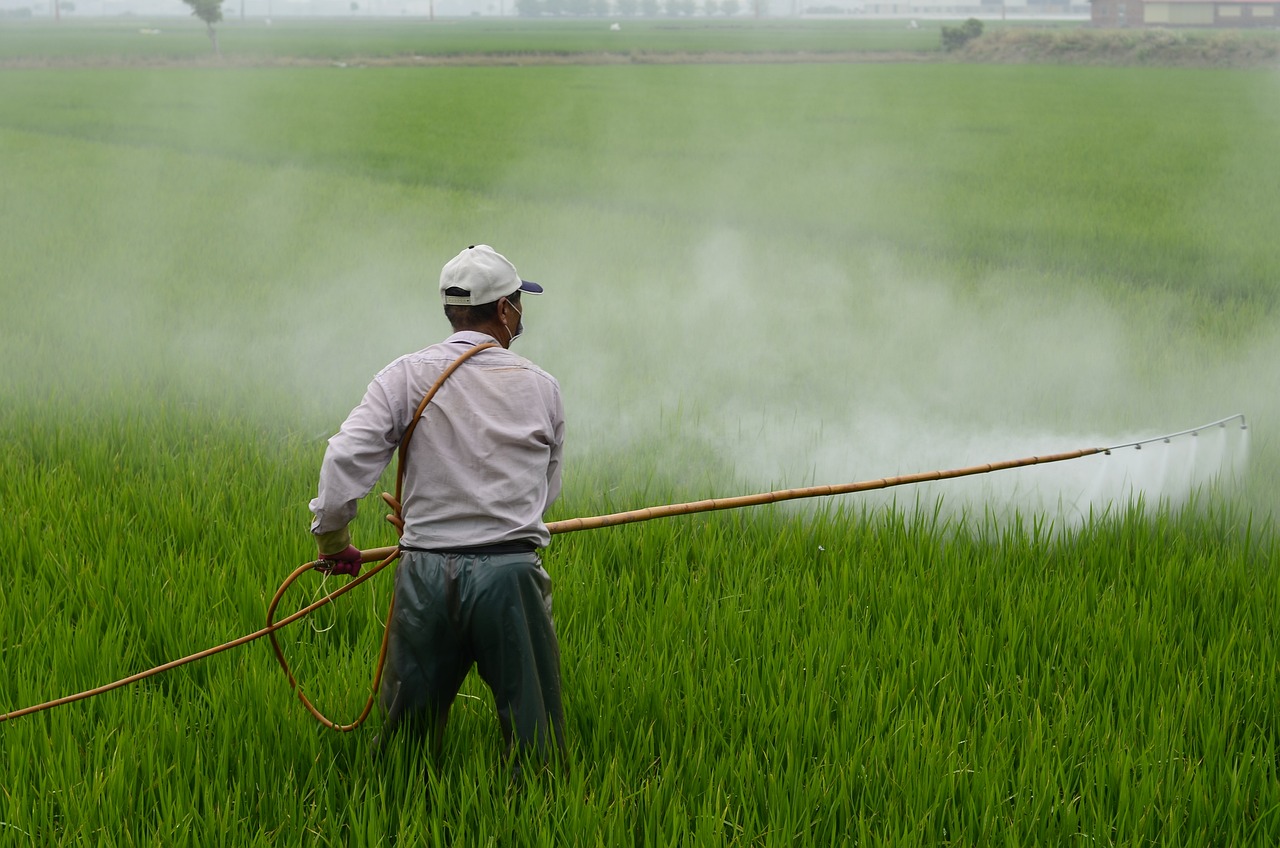Just Transition towards an environmentally sustainable economy can be described as the process of designing, promoting, and implementing actions to transition to the sustainable production and consumption of plastics in a fair and inclusive manner. This ensures that no one is left behind, especially workers and communities most affected by environmental and economic changes. Within the context of the plastic waste value chain and the global plastics treaty, this means recognising and uplifting the role of waste pickers and other informal workers. Social inclusion is vital for achieving a just economy and building a safe, non-toxic circular economy.
In the first quarter of this year, CEJAD hosted sensitisation meetings on Just Transition for waste pickers in Uasin Gishu, Trans Nzoia and Nakuru counties, with a focus on integrating them into formal solid waste management systems. These meetings emphasised the importance of involving waste pickers not only in day-to-day waste handling but also in policy-making decisions that shape the future of waste governance in Kenya.
By recognising the critical role of waste pickers in environmental conservation, counties are committing to supporting their transition into structured and sustainable frameworks. This collaborative approach not only promotes environmental sustainability but also ensures that waste pickers are valued and supported in their essential work.







